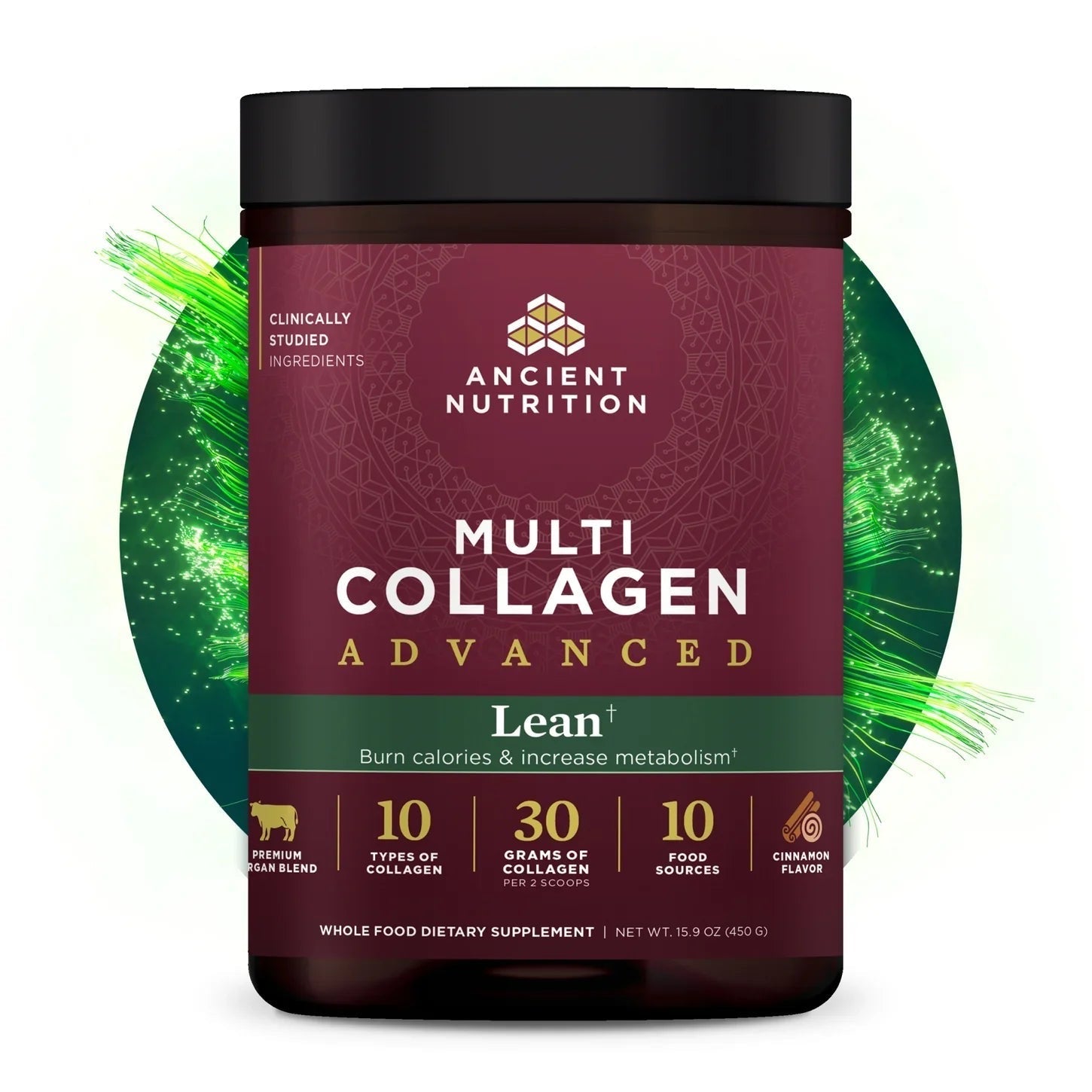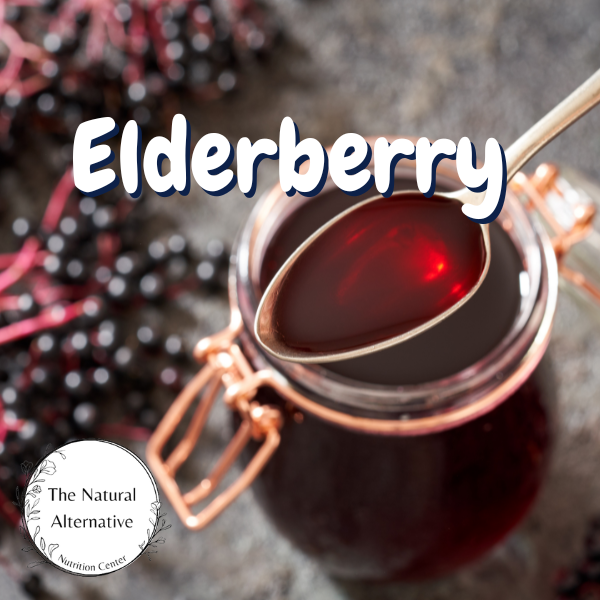
Echinacea in the Winter
, 7 min reading time

, 7 min reading time
Echinacea: Your Winter Wellness Ally
As the colder months approach, many people start looking for natural remedies to support their immune systems and prevent the seasonal onslaught of colds, flu, and other respiratory infections. One of the most popular and widely used herbs for boosting immunity is Echinacea. Known for its powerful immune-enhancing properties, this herb has been a staple in traditional medicine for centuries. In this blog, we’ll explore how Echinacea works, how to use it effectively, and why it’s especially beneficial in the winter months.
The winter months can be harsh on our health, especially when it comes to colds, flu, and other infections. Echinacea is a safe and effective natural remedy to incorporate into your wellness routine during this time. Whether you’re using it preventively or to shorten the duration of an illness, Echinacea can play a vital role in helping you maintain a healthy immune system through the colder months.
By boosting your immune system’s ability to fight off infections, alleviating symptoms of common winter ailments, and potentially reducing the severity and duration of sickness, Echinacea serves as a valuable ally in the fight against seasonal illness. Whether you prefer tea, tinctures, or capsules, this versatile herb can be easily integrated into your daily life.
Echinacea is a flowering plant that belongs to the daisy family, scientifically known as Echinacea purpurea, and it is native to North America. Known for its striking purple flowers, this plant has been an important part of traditional medicine for centuries. Indigenous peoples of North America were the first to recognize the medicinal properties of Echinacea, using it as a natural remedy to treat a wide range of ailments, including infections, wounds, and even snake bites. They would often prepare poultices, teas, or tinctures from the plant’s roots, leaves, and flowers to harness its healing benefits.
The therapeutic value of Echinacea lies in the unique compounds found within its various parts. These compounds include flavonoids, alkylamides, and polysaccharides, which are believed to play a key role in stimulating the immune system. These natural compounds can help activate white blood cells, which are essential for fighting infections, and may also enhance the body’s ability to resist viruses and bacteria. The plant has earned a reputation for its potential to help the body recover more quickly from illnesses, especially colds, flu, and respiratory infections.
In modern times, Echinacea has become widely popular and is used in a variety of forms. It is most commonly found in supplements, herbal teas, tinctures, and extracts. Its popularity has grown particularly during the colder months when people are more susceptible to illness. Echinacea is now a staple in many households, where it is used not only to boost immunity but also as a preventive measure during the peak of cold and flu season. With its long history of use and growing scientific support for its health benefits, Echinacea continues to be a trusted herb for maintaining overall health and wellness, especially when the body needs extra support during the winter months.
How Echinacea Helps in the Winter Months
During the winter months, our immune systems are often under stress due to the drop in temperature, less sunlight, and the increased circulation of viruses like the common cold and flu. Echinacea is particularly helpful in this season because it acts as an immune system booster. Several studies suggest that Echinacea can stimulate the production of white blood cells, which are essential in fighting off pathogens. It also has antiviral and antibacterial properties, making it an excellent herb for fighting respiratory infections, such as colds, sore throats, and even flu.
In addition to boosting immune response, Echinacea has anti-inflammatory properties, which can help reduce the severity of symptoms like a sore throat, nasal congestion, or body aches. For those who are prone to recurring colds or upper respiratory infections, regular use of Echinacea during the winter months can serve as a preventive measure, helping to decrease the frequency and duration of illness.
The timing of when you start using Echinacea is crucial to its effectiveness, as it works best when used at the right moment. One of the most important times to incorporate Echinacea into your routine is at the first sign of illness. Whether it’s a scratchy throat, a stuffy nose, fatigue, or the general feeling that a cold or flu might be coming on, starting Echinacea early can help reduce the severity and duration of symptoms. The herb works by stimulating the immune system, so when you begin taking it at the onset of illness, it can help the body mount a stronger defense against the invading pathogens, potentially preventing the illness from becoming more serious or prolonged.
For many people, having Echinacea on hand during the colder months is part of their regular wellness routine. When symptoms of a cold or flu start to appear—like a sore throat, sneezing, or an overall sense of malaise—they begin using Echinacea right away to address the symptoms before they have a chance to escalate. This early intervention can be the difference between a mild, manageable illness and one that lingers for days or weeks.
In addition to its effectiveness during the early stages of illness, Echinacea can also serve as a preventive measure, especially during the peak of cold and flu season. While some studies suggest mixed results regarding the benefits of long-term, continuous use of Echinacea for prevention, many people find that using it intermittently can be helpful. For example, during times of high exposure to illness—such as when traveling, being in crowded places, or during periods of heightened stress—taking Echinacea can help support the immune system and bolster the body’s defenses against infection.
For those who are particularly prone to getting sick in the winter months or who want to proactively reduce their risk of illness, taking Echinacea for short periods, especially during times of increased exposure, may be an effective strategy. It is generally recommended to use Echinacea for about one to two weeks at a time, followed by a break, to avoid desensitizing the immune system or potentially decreasing its effectiveness over time.
While the timing of when to use Echinacea is key, it's also important to pay attention to the specific symptoms or circumstances that may warrant its use. Whether for early intervention when you feel a cold coming on or as a preventive measure during high-risk times, Echinacea can be a valuable tool in your winter wellness arsenal.
How to Use Echinacea
There are several ways to incorporate Echinacea into your daily routine, depending on your preference and lifestyle. Echinacea tea is one of the most common and soothing methods, perfect for sipping throughout the day. You can find pre-made Echinacea teas in most health food stores, or you can make your own by steeping dried Echinacea flowers or roots in hot water for 5-10 minutes.
Echinacea Tinctures and extracts are another popular form of Echinacea. These concentrated liquid forms are often more potent than teas and can be taken directly or added to a small amount of water. If you're looking for a quick and easy way to use Echinacea, tinctures may be your best option. For best results, follow the dosage instructions on the bottle, as concentrations can vary.
Echinacea capsules or tablets are also widely available and are a convenient option for those who prefer not to taste the herb. These supplements are often standardized to ensure consistent dosage and potency. Capsules may be a good choice if you’re looking for a more measured approach or need to take Echinacea alongside other herbs or supplements.
Some people prefer to use Echinacea in combination with other immune-boosting herbs, like elderberry or astragalus, to enhance its effects.
**As with any supplement or natural remedy, it’s important to consult a healthcare professional before using Echinacea, particularly if you have pre-existing conditions or are pregnant or breastfeeding. Used properly, however, Echinacea can help ensure you stay healthy and strong, even when the cold weather hits.



